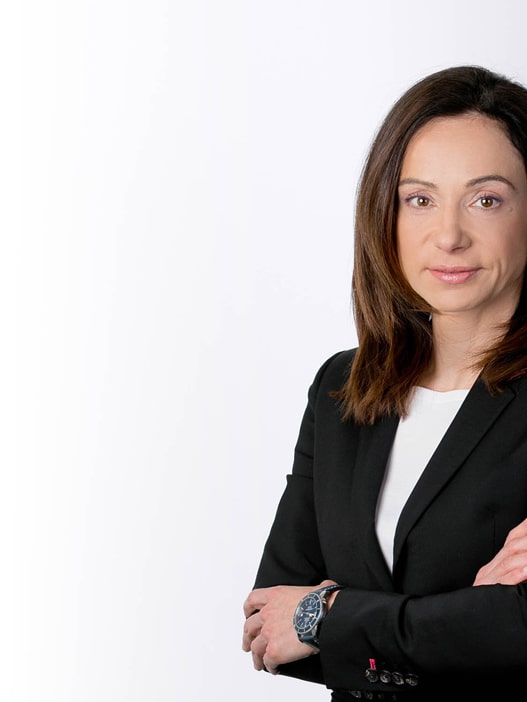VC funds help boost CEE innovation
Warsaw, 20 October 2017 – Venture capital funds have been playing an increasing role in the development of the innovation ecosystem in Central and Eastern Europe over the past several years, helping the region’s countries transform into more competitive economies, according to industry experts gathered at a conference hosted by Experior Venture Capital, the Wolf Theiss law firm and Deloitte.
More than 60 women from the venture capital industry met on October 18 at the “CEE Women in VC Meet Up” conference to discuss opportunities to work together more closely and the best ways to make use of funding provided by states, commercial entities and the EU to VC funds.
“Venture capital is a relatively new form of financing across CEE, and there still are not many women in charge of investments. We want to support each other and encourage gender diversity among venture capital funds, because there is strong data showing that balanced teams invest better, in a broader spectrum of firms, which altogether yield better returns,” said Kinga Stanislawska, Managing Partner and Founder of Experior Venture Fund, which has invested in 16 promising start-ups so far.
“Our key goal is to make VC a thriving industry, an industry that can support the development of CEE companies that are as good as their Western peers but simply have limited access to the capital they need for growth,” Ms Stanislawska added.
CEE companies received €385 mln in early stage and growth funding last year, which represents an 11% increase over 2015, data from the EU Venture Capital Association Invest Europe show. However, CEE’s share in the total European VC market is less than 10%, and total investments by VC/PE funds in CEE, measured as a percentage of the region’s GDP, reached just 0.12% – less than half the European average of 0.33%.
Over the last two years most VC investments in CEE were made in companies at the early stage, mostly operating in information and communications technology, consumer goods and services, biotech and healthcare.
“Venture capital is critical to support new business initiatives and new entrepreneurial ventures. For the last ten years, venture capital has been building strength and experience in the region and now it is the main player giving the size of CEE start-ups and companies looking for investment, which in many cases are too small to attract private equity financing. It will be a real driver of the CEE economies with booming start-ups across industries,” said Anna Rizova, Managing Partner of the Wolf Theiss Sofia office. “We already see experienced managers leading venture capital funds and attracting funding from both established institutional LPs like EIF and EBRD, and new funds of funds. This will ‘show the money’ to the CEE market, and it is fascinating to see clearly that women professionals will have an important role in getting that done,” she added.
Read the full text
